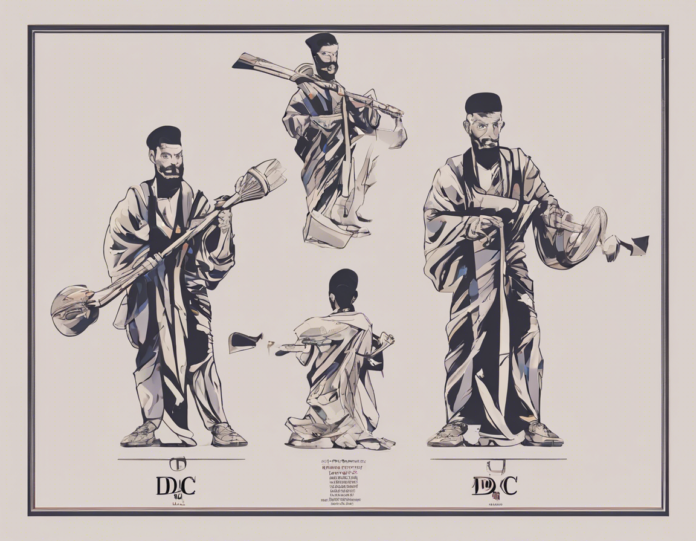DCC Full Form Explained Concisely
When it comes to abbreviations in various fields, DCC is one that might come up in discussions related to technology, finance, education, or other sectors. DCC stands for Dynamic Currency Conversion. This concept is particularly relevant in the realm of international transactions, especially in the context of credit card payments.
What is Dynamic Currency Conversion (DCC)?
Dynamic Currency Conversion is a service offered by some merchants or ATMs that allows foreign customers to choose to pay in their home currency rather than the local currency. This process involves immediately converting the purchase amount from the local currency to the customer's home currency at the point of sale or withdrawal.
How Does Dynamic Currency Conversion Work?
When a customer is presented with the option of using DCC at a point of sale or ATM, the conversion rate offered is typically provided by the merchant or the card issuer. This rate may not always be the most favorable to the customer, as additional fees or less competitive exchange rates can be included in the conversion.
Benefits of Dynamic Currency Conversion
1. Convenience: One of the primary advantages of DCC is the convenience it offers to travelers who may prefer to see transactions in familiar currency.
2. Transparency: DCC provides transparency in the transaction process by showing the final amount in both the local currency and the customer's home currency.
3. Budgeting: For travelers on a budget, knowing the exact amount in their home currency can help in better financial planning during the trip.
Drawbacks of Dynamic Currency Conversion
1. Additional Fees: Opting for DCC may come with hidden fees or less favorable exchange rates, which can end up costing the customer more.
2. Lack of Control: By choosing DCC, customers may lose control over the exchange rate used for the conversion, potentially leading to higher costs.
3. Misleading Exchange Rates: Some merchants might manipulate exchange rates to make DCC seem more attractive than it actually is, leading to a less advantageous deal for the customer.
Should You Choose Dynamic Currency Conversion?
Whether to opt for DCC or not depends on various factors such as the exchange rate offered, additional fees, and personal preferences. In most cases, it is advisable to decline DCC and choose to be charged in the local currency to potentially get a better deal through your card issuer’s exchange rates.
Frequently Asked Questions (FAQs) About Dynamic Currency Conversion
1. Is Dynamic Currency Conversion always offered to customers during international transactions?
- No, DCC is usually offered as an option, and customers can choose whether or not to use it.
2. Can opting for Dynamic Currency Conversion save me money?
- While DCC offers convenience, it may not always be the most cost-effective option due to additional fees and less competitive exchange rates.
3. Are there regulations in place to protect customers using Dynamic Currency Conversion?
- Regulations vary by country, but some regions have implemented rules to ensure transparency and fairness in DCC transactions.
4. How can I determine if the exchange rate offered through Dynamic Currency Conversion is fair?
- Customers can compare the DCC rate with the prevailing exchange rate by checking online currency converters or financial news sources.
5. Can I reverse a transaction that I opted for Dynamic Currency Conversion?
- Once a transaction is processed with DCC, it can be challenging to reverse or change, so it's essential to consider all factors before making a decision.
In conclusion, Dynamic Currency Conversion offers convenience but may not always be the most cost-effective choice for international transactions. Understanding the implications of opting for DCC and being aware of exchange rates and possible fees can help customers make informed decisions when faced with this option.

